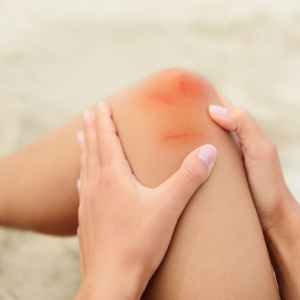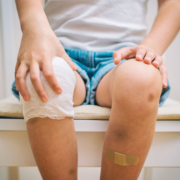What Can Result In An Indoor Slip-And-Fall Event?
 Property owners must maintain their premises in such a way that they are not conducive to people falling, tripping and hurting themselves. Although it might seem like a monumental task to ensure that your visitors are completely safe from harm, it really isn’t. All that the law requires is that businesses owners assert a certain amount reasonableness to ensure that obvious dangers are taken care of swiftly and appropriately.
Property owners must maintain their premises in such a way that they are not conducive to people falling, tripping and hurting themselves. Although it might seem like a monumental task to ensure that your visitors are completely safe from harm, it really isn’t. All that the law requires is that businesses owners assert a certain amount reasonableness to ensure that obvious dangers are taken care of swiftly and appropriately.
For example, imagine you are shopping at a grocery store and there’s a broken bottle of apple juice in the middle of the floor. Let’s say you slip on the juice and hurt yourself. Was the store owner liable? Liability in a case like this probably depends on whether the juice was negligently allowed to be on the floor for an unreasonable amount of time. Or, it might relate to the way the juice was being stored, which could have contributed to it falling.
Some common causes of indoor slip-and-fall accidents
Here are a few of the most common causes of slip-and-fall events regarding floors:
— Neglecting to provide warnings about wet floors or other strange floor conditions.
— Using too much polish or wax.
— Using uneven amounts of wax or polish.
— Cleaning or treating only half or part of a floor area.
— Neglecting to use “non-skid” floor treatments.
— Worn out, torn or damaged carpet.
— Rugs that are likely to result in a trip, like rugs with worn spots on them.
— Carpet materials that might result in a trip.
Did you slip and fall while on someone else’s property?
If you suffered an injury after slipping and falling on someone’s property, you might want to consider the reasons why you fell. It could be that negligence on the part of the property owner was the reason for your fall.
Did you fall due to one of the above reasons? Was it a torn piece of carpet you tripped on or an unmarked slippery floor that caught you by surprise? A personal injury lawyer can help you evaluate your potential claim for slip-and-fall damages to ascertain whether you have a viable claim.



